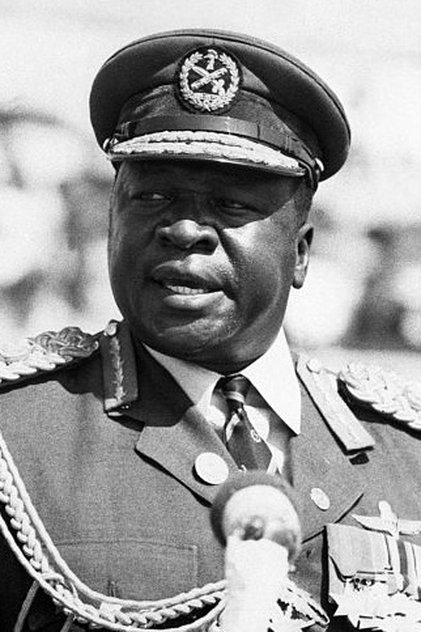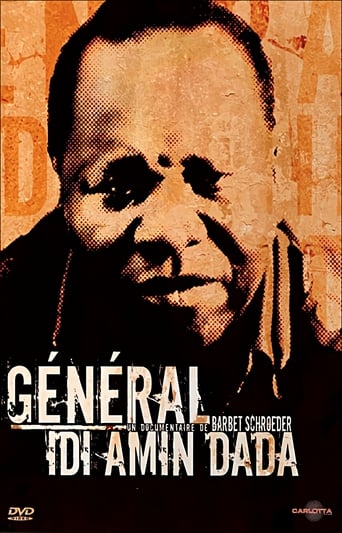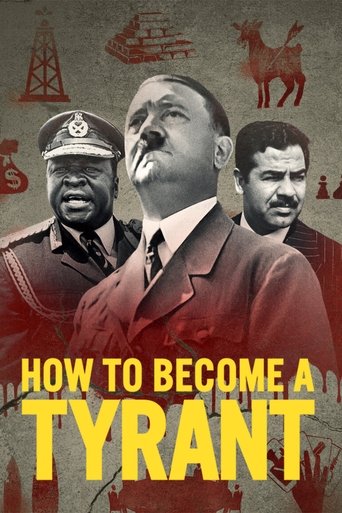
Idi Amin
From Wikipedia, the free encyclopedia. Idi Amin Dada (c. 1925 – 16 August 2003) was a military leader and President of Uganda from 1971 to 1979. Amin joined the British colonial regiment, the King's African Rifles, in 1946, and eventually held the rank of Major General and Commander of the Ugandan Army before taking power in the military coup of January 1971, deposing Milton Obote. He later promoted himself to Field Marshal while he was the head of state. Amin's rule was characterized by human rights abuse, political repression, ethnic persecution, extrajudicial killings, nepotism, corruption, and gross economic mismanagement. The number of people killed as a result of his regime is estimated by international observers and human rights groups to range from 100,000 to 500,000. During his years in power, Amin was backed by Libya's Muammar al-Gaddafi as well as the Soviet Union and East Germany. In 1975–1976, Amin became the Chairman of the Organisation of African Unity, a pan-Africanist group designed to promote solidarity of the African states. During the 1977–1979 period, Uganda was appointed to the United Nations Commission on Human Rights. From 1977 to 1979, Amin titled himself as "His Excellency, President for Life, Field Marshal Al Hadji Doctor Idi Amin Dada, VC, DSO, MC, Conqueror of the British Empire in Africa in General and Uganda in Particular". Dissent within Uganda and Amin's attempt to annex the Kagera province of Tanzania in 1978 led to the Uganda–Tanzania War and the demise of his regime. Amin later fled to exile in Libya and Saudi Arabia, where he died on 16 August 2003. Description above from the Wikipedia article Idi Amin, licensed under CC-BY-SA,full list of contributors on Wikipedia.
- Umutwe: Idi Amin
- Icyamamare: 1.048
- Azwiho: Acting
- Isabukuru: 1925-05-17
- Aho yavukiye: Kampala , Uganda Protectorate
- Urupapuro rwitangiriro:
- Birazwi kandi:









